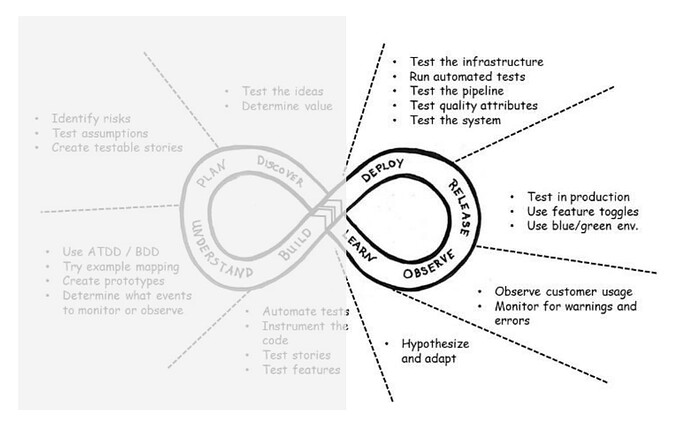Career wise, I’ve often navigated between these distinct roles: Quality advocate and Tester. I’ve noticed that these roles, while interrelated, are frequently conflated in discussions, leading to misunderstandings and unproductive conversations.
As a Tester, my focus has been on honing the craft of testing - improving skills like note-taking, exploratory testing, critical thinking, writing tools to help me test a feature or product, planning my testing etc. This role is about learning the product in-depth and providing stakeholders with valuable insights. This is where test techniques, heuristics, test articles, hands-on experience, pairing, RST community etc, help me improve. When i haven’t worked on my testing craft those skills have gotten worse. The skills required for effective testing, are often underrated despite their crucial role in identifying significant problems in the product.
On the other side, as a Quality Advocate, my role extends beyond individual testing tasks. It involves a holistic understanding of the project, including the architectural/system ecosystem, people, teams, and tools. This broader perspective enables me to influence and improve the overall process, with the intention of trying to enhance product quality and delivery. I tend to try to limit this to not trying to tell other teams how to do their jobs but how they can support testing better.
I’ve found that my hands-on testing experience significantly supports my role as a Quality Advocate, and vice versa. However, the blending of these roles in discussions sometimes leads to confusion. People focusing on quality advocacy calling it testing, and people focusing on the testing craft differentiate it from quality advocacy.
I’m curious to know how others in the testing community perceive their roles:
- How do you view your role in testing?
- Do you find yourself leaning more towards quality advocacy, or are you focused on improving your hands-on testing skills?
- Should we clearly distinguish between quality advocacy and testing as a distinct craft in our discussions?
- Are there any other ways or lenses we should be looking at?
- Do we need to value hands on testing skills more and work on it?
I’m eager to hear your thoughts and experiences. Open to all views

